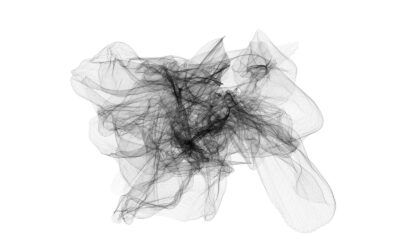In a previous blog, we discussed the link between ketamine therapy and lower levels of inflammation. Chronic inflammation is associated with many conditions, from post-COVID syndrome to autoimmune disorders and beyond. It is also known that individuals with higher-than-average levels of inflammation are more likely to experience depression. The COVID-19 pandemic has had a significant impact on mental health, and we are seeing more patients with depression that is resistant to psychotropic drugs. If you are struggling with depression and have not found success with conventional treatments, ketamine may play a role in improving your symptoms. Here, we share more about ketamine’s anti-inflammatory effects and its potential to treat depression:
What is Treatment-Resistant Depression?
Treatment-resistant depression is often classified as depression that doesn’t respond adequately to two or more separate classes of antidepressants within four to six weeks of reaching the target dose. The medical community is seeing an increasing number of patients with treatment-resistant depression during the pandemic, which is thought to be related to stress.
How Can Ketamine Help?
With an increase in stress and cases of treatment-resistant depression, more medical professionals are recommending additional therapies in conjunction with traditional medication. It was originally thought that cytokines, which are proteins that signal cells to produce inflammation, were unable to cross the blood-brain barrier. However, new research shows that brain chemistry is indeed affected by inflammatory cytokines. A recent study also suggests that high levels of histamines have a negative impact on serotonin levels. In the study, mice were injected with a substance that reduces serotonin. Serotonin levels were measured and showed an immediate drop in this important chemical messenger, despite the fact that the injected substance can not cross the blood-brain barrier. Researchers determined that the inflammatory response caused by the injection produced excess histamines, which in turn reduced serotonin levels. Even after receiving selective serotonin reuptake inhibitors (SSRIs), the serotonin levels in mice remained abnormally low. After the mice were given histamine-reducing medications, serotonin levels stabilized at a normal level.
The study highlighted here suggests that anti-inflammatory therapies such as ketamine may aid in the efficacy of antidepressants. This is an exciting possibility for individuals with treatment-resistant depression, and why we always recommend that those interested in ketamine therapy continue taking their medication(s) as prescribed. If you’re interested in exploring the possibility of ketamine infusions, please contact our team. During our consultation, we’ll discuss your history and current symptoms to determine if ketamine could fit within your treatment plan.
Photo by K. Mitch Hodge on Unsplash



